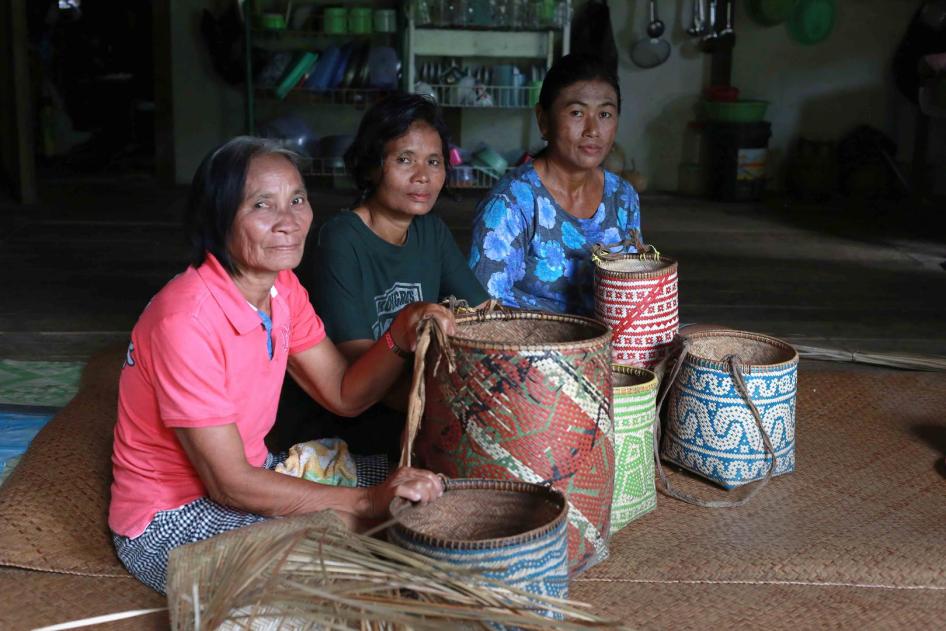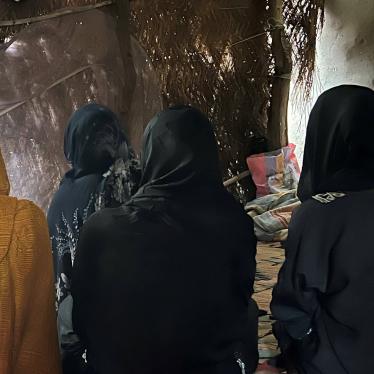As negotiations on the EU’s proposed Corporate Sustainability Due Diligence Directive gather steam, EU lawmakers should firmly embed Indigenous peoples’ rights in the text of the legislation.
The directive seeks to introduce legal obligations for companies to conduct risk-based human rights and environmental due diligence in their own operations, subsidiaries, and value chains.
The legislation is far from perfect, especially with regards to protecting Indigenous Peoples rights. As legislative negotiations on the text of the directive proceed between the EU Council, Commission, and Parliament, 62 organizations led by the European Coalition for Corporate Justice, including Human Rights Watch, have written to lawmakers highlighting how protections for Indigenous peoples should be strengthened.
First, we are calling on lawmakers to ensure that Indigenous peoples’ rights and explicitly the UN Declaration on the Rights of Indigenous Peoples (UNDRIP) are included in the list of instruments that should inform the due diligence of companies.
Second, the financial sector should be included within the scope of the legislation. At the very least, large investors, banks, and insurance companies should be subject to risk-based human rights and environmental due diligence obligations, including on climate action. Excluding the financial sector’s investment, lending, or underwriting decisions from scrutiny based upon human rights and environmental standards would be a disastrous outcome. This is especially true in the case of land-based projects, which can have serious implications for Indigenous peoples’ collective rights.
Third, the legislation’s proposed provisions on civil liability for corporations should not be hollowed out. Restricting civil liability to harms caused to “natural or legal persons,” the scope of which can vary from legal system to legal system, could undermine the ability of Indigenous peoples to seek justice. Indigenous peoples have collective rights to natural resources within their traditional territories, including land and forests. These collective rights are protected under UNDRIP, despite Indigenous peoples often not having access to “legal documentation” such as land deeds recognized in many non-Indigenous legal systems. Forcing Indigenous peoples to present data and evidence in formats that follow the rules of formal non-Indigenous legal systems is itself a violation of their rights under article 40 of UNDRIP.
Numerous organizations, including Human Rights Watch, Client Earth, Global Witness, Forest Peoples Programme, and the Center for International Environment Law, have documented the range of challenges Indigenous peoples face in realizing their rights.
The EU’s legislative efforts should set out on a positive footing regarding the protection of Indigenous peoples’ rights. Failure to do so could weaken the rights of Indigenous peoples around the world.










